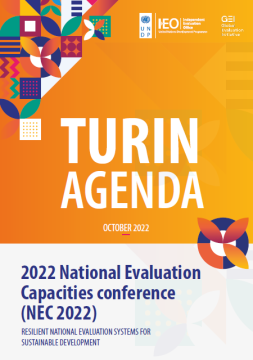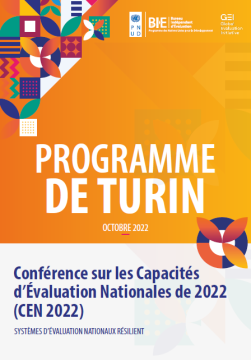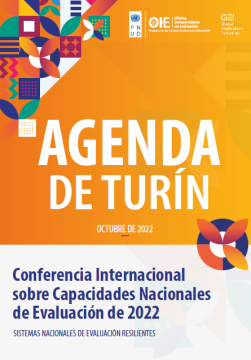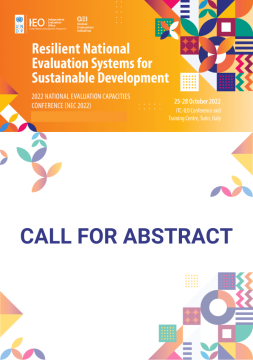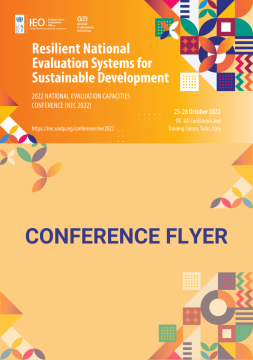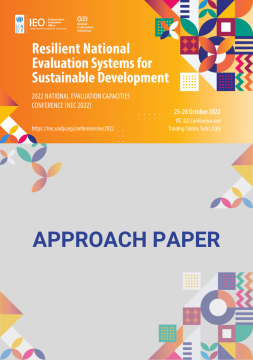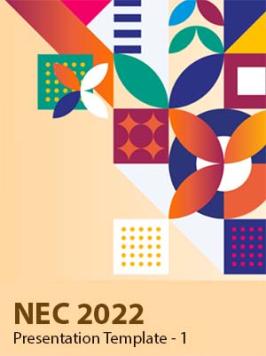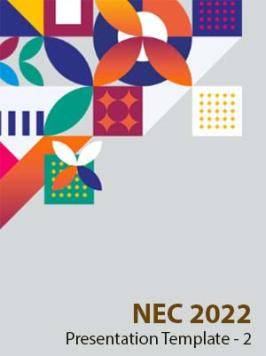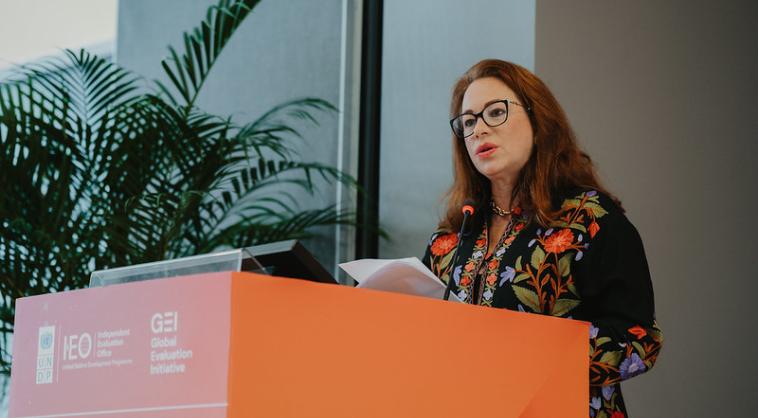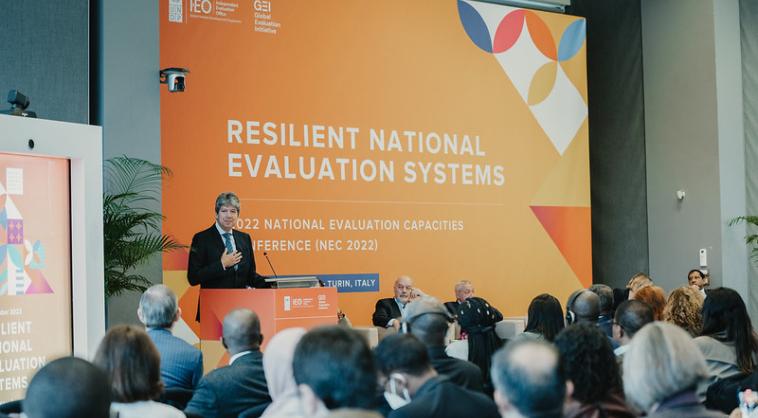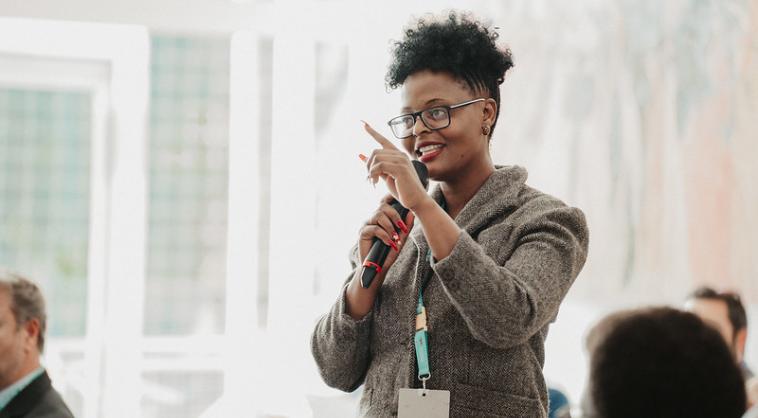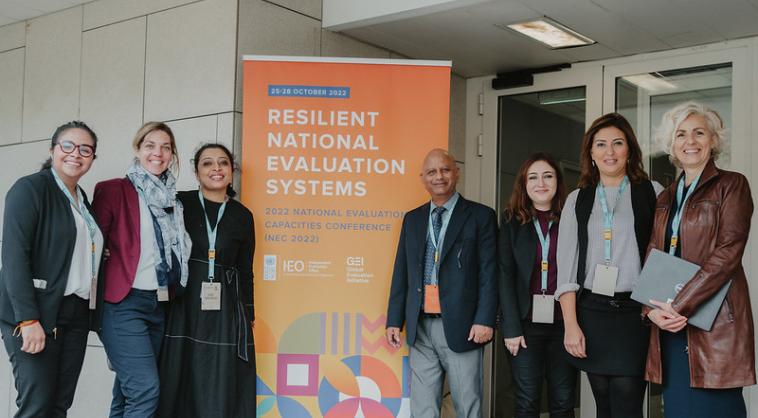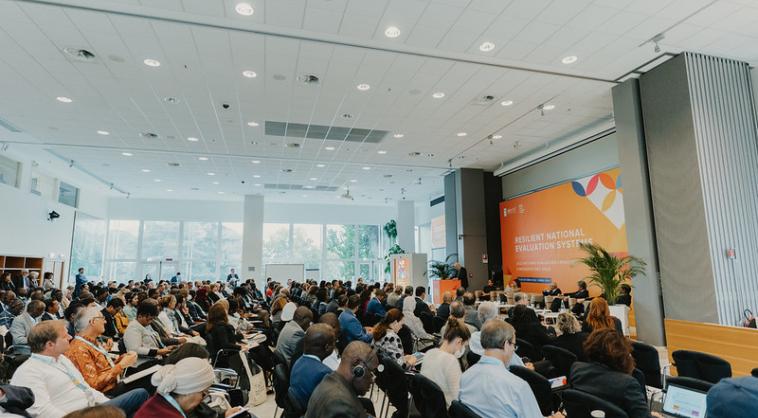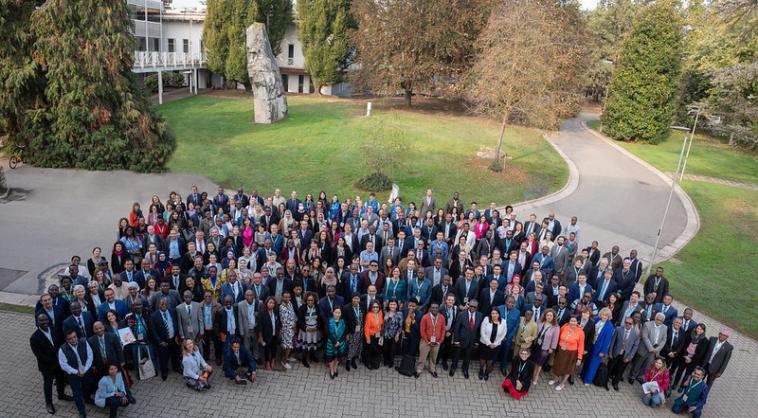Programmes
Opening Ceremony
Welcome Videos and Keynote Address
Plenary 1: In an era of complexity and uncertainty, can we do without national systems?
Session A1: Status of National Evaluation Systems
Session B1: Evaluation and Strengthened Governance
Session C1: The need for Evaluation in an unstable world
Session D1: Innovating to Evaluate beyond the 2030 Agenda
Session A2 Assessing National Evaluation System and Capacities
Session B2: Participación ciudadana para fortalecer sistemas nacionales de evaluación.
Session C2: COVID-19 Response and Recovery: Evaluating National Interventions
Session D2: National Data Systems
DAY ONE: Closing session
Plenary 2: Rethinking evaluation to address the crisis in the Anthropocene
Session A3: National Evaluation Policies
Session B3: Decent work and the SDGs
Session C3: Environmental Sustainability
Session D3: Evaluation methods to inform policy
Session A4: Challenges & Opportunities in Institutionalising National Evaluation Systems
Session B4: What can we learn from Sectoral Evaluation systems?
Session C4: Approaches to evaluation during the pandemic
Session D4: Ethics and Evaluation
Session A5: Financing National Evaluation Systems
Session B5: Subnational Evaluation System
Session C5: Engaging Youth in Evaluation
Session D5: Digital Innovations in evaluation
DAY TWO: Closing session: Feedback from the session streams
Plenary 3: Fragility and Crisis as the new normal
Session A6: Fortalecimiento de capacidades nacionales en evaluación
Session B6: Supporting the development of National Evaluation Systems
Session C6: Evaluating the SDGs
Session D6: Innovations en suivi et évaluation dans les secteurs de l'agriculture et du développement rural
Session A7: Engaging Society to strengthen National Evaluation Systems
Session B7: Promoting Use of Evaluations by Government
Session C7: Evaluation in Fragile Settings
Session D7: Transformational Change
Day Three Closing: Session the Turin Agenda
Documents
Country Participation
Paper & Presentations
Workshops
Logistics
Resource
Participants
Images













